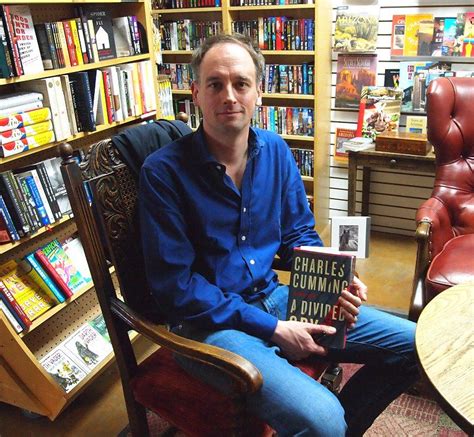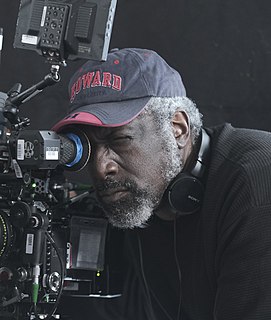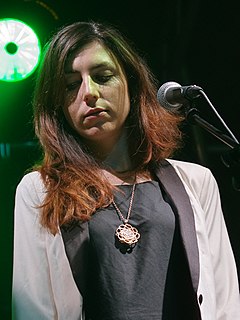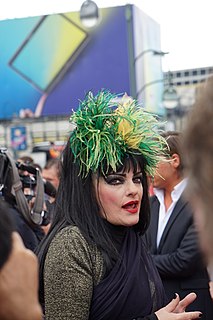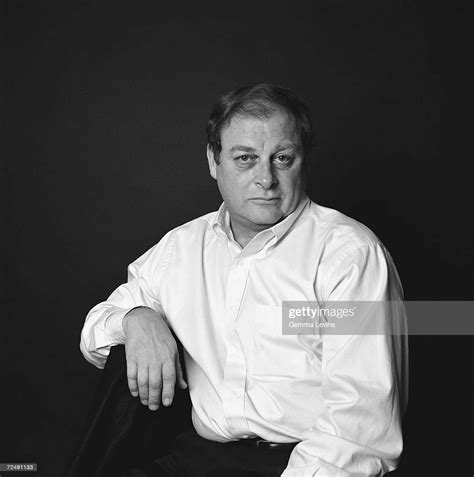A Quote by Claire Messud
I grew up on British fiction, and I write perhaps more directly out of that tradition.
Related Quotes
I grew up in a very British family who had been transplanted to Canada, and my grandmother's house was filled with English books. I was a very early reader, so I was really brought up being surrounded with piles of British books and British newspapers, British magazines. I developed a really great love of England.
I find a difference in British spy fiction and American spy fiction. In the American version, it's more militaristic, partly because the CIA has more of the military makeup. Whereas MI6 is more of a cerebral, intelligence-based, relationship-based service, i.e., all they do is recruit people to get information out of them.
In effect, I grew up in a sort of timewarp, a place where times are scrambled up. There are elements of my childhood that look to me now, in memory more like the 1940s or the 1950s than the 1960s. Jack [Womack] says that that made us science fiction writers, because we grew up experiencing a kind of time travel.
I remember reading an interview with a writer who said that in nonfiction if you have one lie it sort of messes it up. But in fiction the real details give you so much more credibility, because people do so much research just to write fiction. In fiction you're trying to recreate something lifelike.






